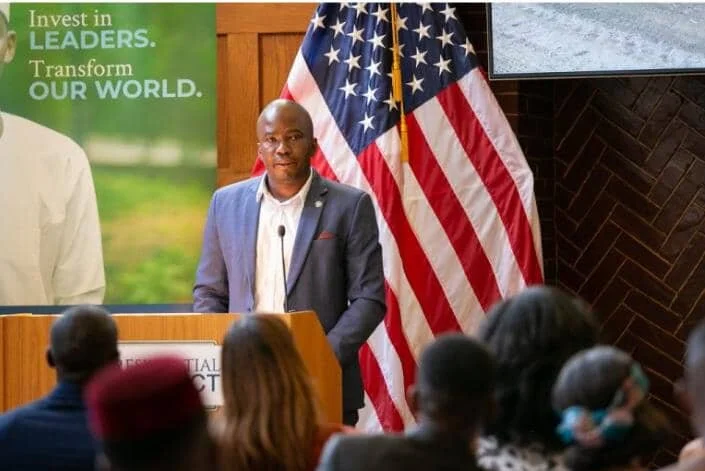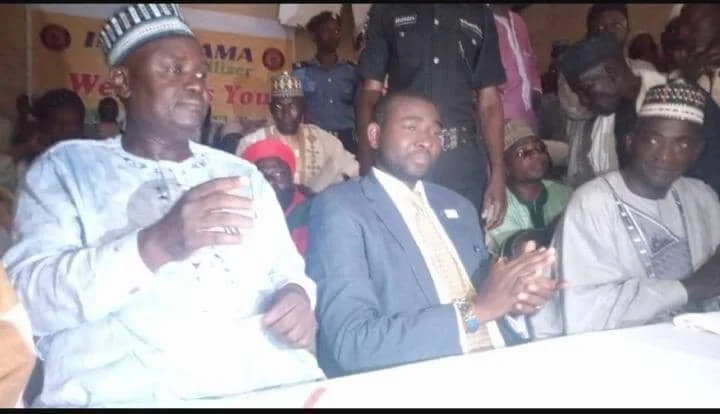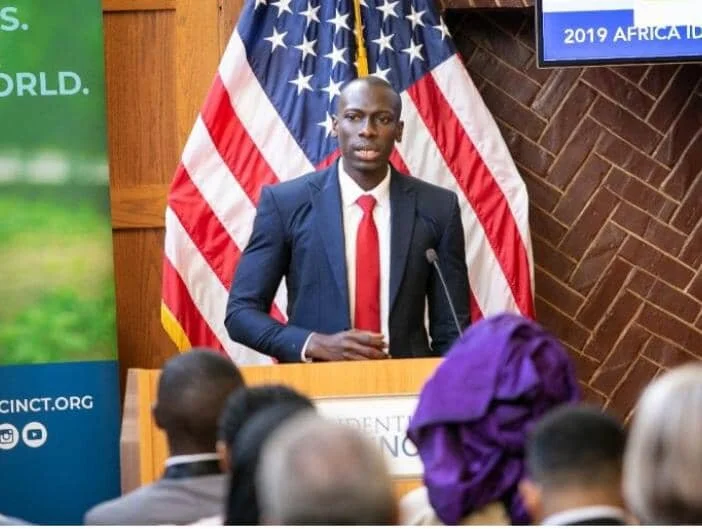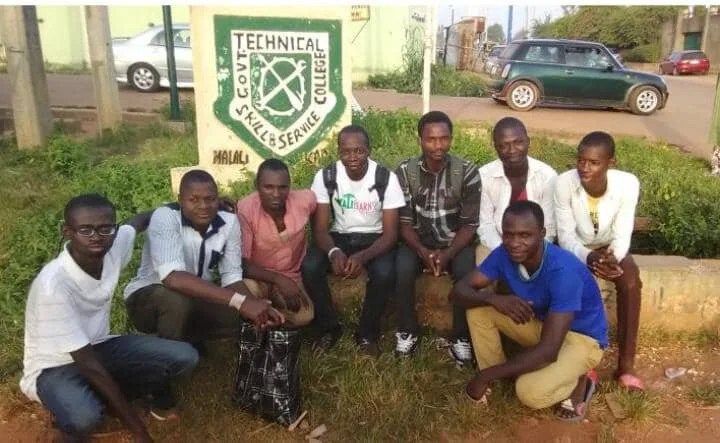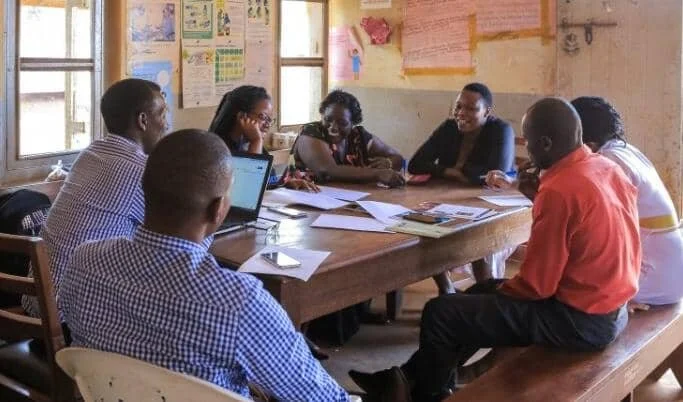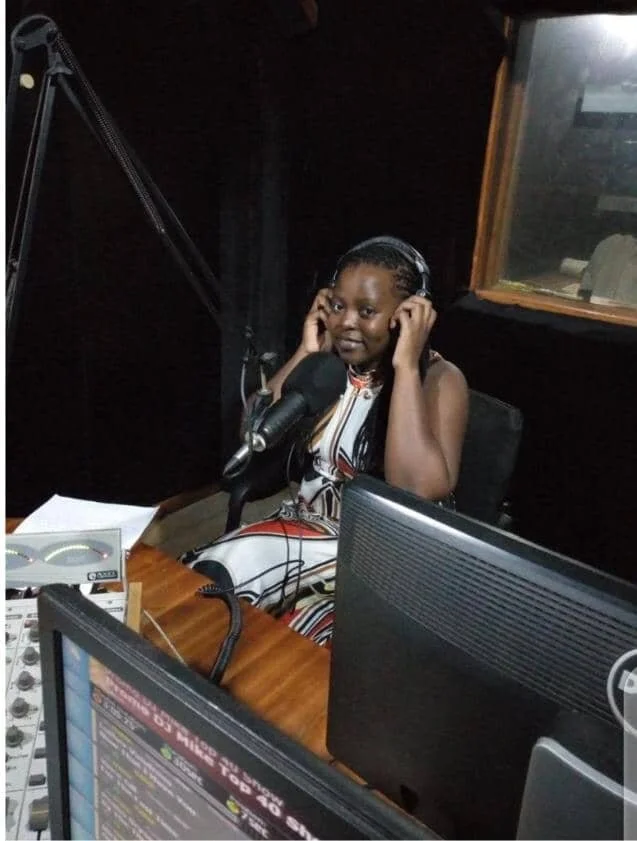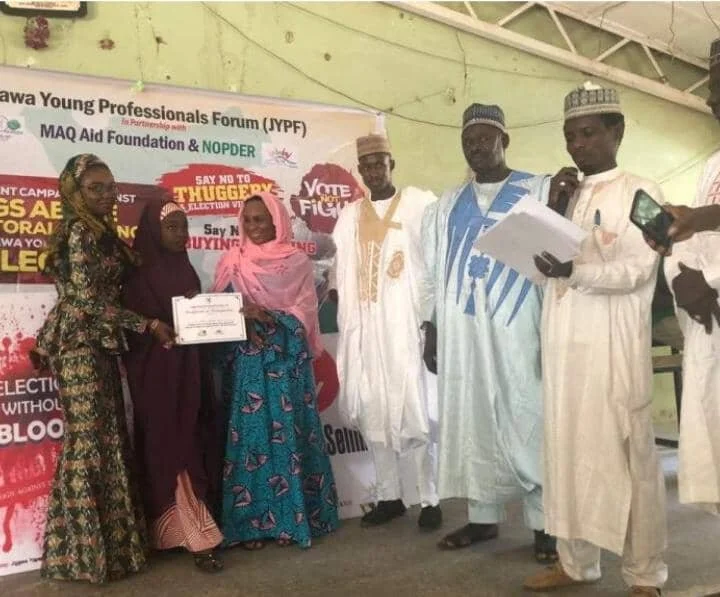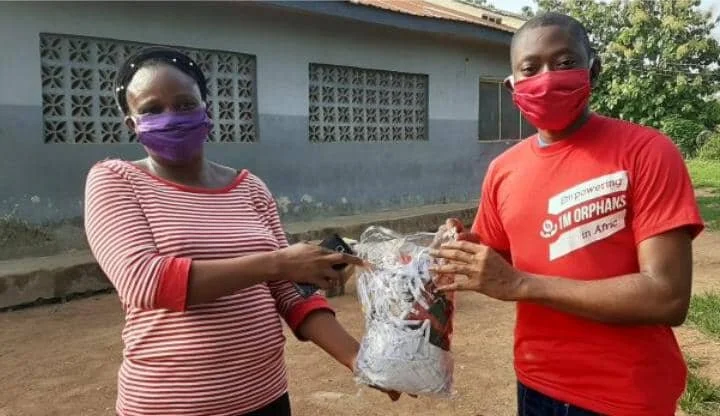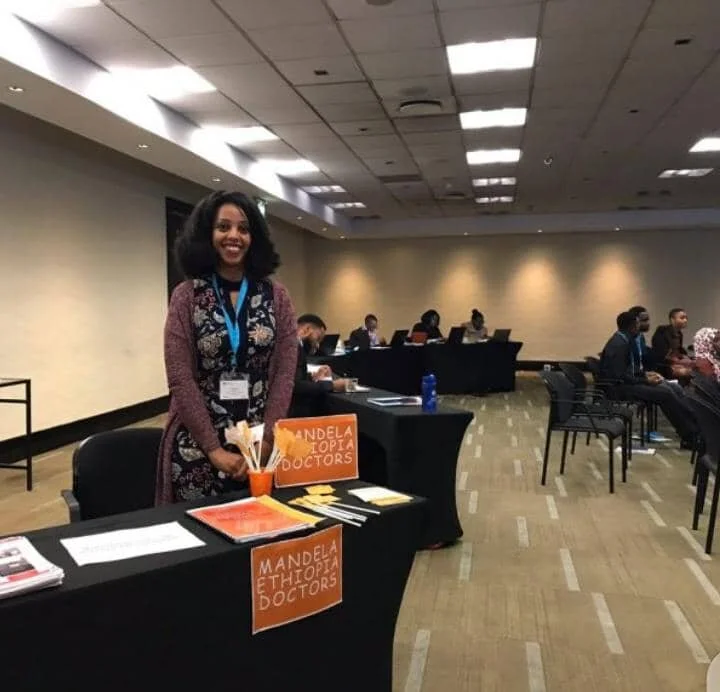The Youth Cafés Executive Director, Mr. Willice Onyango, as a Kenyan youth representative, attended the Youth Town Hall, moderated by Ambassador Linda Thomas-Greenfield. Mr. Willice asked his question as follows; Today, we find many young people want to engage in politics but are disheartened by the negative image projected by the current political elite and their apparent inability to tackle multiple crises. What do you think about nontraditional paths to political leadership, and how effective are non-formal education approaches in developing democratic attitudes particularly among youth?
The Key To A More Ethical Workplace? Youth.
In his current work, which focuses on civic engagement and economic development, Edgar is no less determined, advocating for personal and professional ethics and seeing young leaders as a catalyst for lasting social change. Nonetheless, Edgar sees great potential in young leaders to usher in change, especially with the advent of digital media.In the workplace, Edgar advises young leaders to play off each other’s strengths and compel in each other the desire to be the best version of themselves.
Nigerian Magistrate Umar Faruk Kabir Works To Administer A Criminal Justice System Without Fear Or Favor
Umar strongly believes that alternative conflict resolution in the Nigerian judicial system is a beneficial practice for decreasing future crime. He describes the Nigerian legal system as primarily punitive; therefore, he employs alternative dispute resolution in certain situations where a person needs to be reformed but not necessarily sentenced. “When you need to reform somebody, you don’t need to always have somebody to be sentenced. You need to have settlement or forgiveness, a kind of forgiveness,” says Umar. “We can offer the option for settlement between the parties. And they’re not necessarily to be punished for the offense when the complainant is looking for what he has been cheated on.”
Living With Integrity Starts With You
“People would rather settle for a substandard leadership model on the pretext that God will take him out when it’s due, rather than holding him responsible for his words and his actions today.”Ebrima, in contrast, sees citizens as uniquely responsible for not only acting with integrity, but also for demanding the same level of transparency from their leaders.“We all have a moral duty to contribute meaningfully in whatever way possible to better the lives of the people in our communities.
Planning A YALILearns Session? Keep These Three Tips In Mind.
“During my Mandela Washington Fellowship in the United States, I experienced firsthand how individuals are respected and given equal opportunities irrespective of their disabilities,” Sunday says. “I realized: it’s time to teach our youth about their rights and how to demand them.”Sunday encourages young adults to volunteer to better understand themselves and what good they can do in the world.
She’s Helping Mothers Access Affordable, Mobile Ultrasounds
“Many young adults shy away from health education, especially when it comes to sexual and reproductive health,” Phyllis says. “Getting them to participate is a big challenge. In Uganda, many people are also not Informed about different family planning methods. That’s why we need health education to challenge misconceptions and make an impact. With these tools in hand, women across the country are better equipped to learn about and discuss critical health topics.
Meet The Young Woman In Uganda Advocating For Women’s Health. Her Secret? Love What You Do.
“In my four years of clinical practice, I witnessed how much misinformation resulted in serious health problems for the public,” Brenda says. “Health education matters a lot in Uganda because the prevalence of infectious and non-communicable diseases is still very high.”Indeed, the prevalence of non-communicable diseases such as cardiovascular disease, chronic respiratory disease and cancer has increased rapidly in years past, accounting for 35 percent of the country’s deaths in 2014, according to the World Health Organization.
It’s Invisible, But Devastating: Mental Illness In Nigeria
In fact, it is estimated that 5.4% of the population in the African region suffers from a depressive disorder and just over 3%, an anxiety disorder, according to a 2017 study by the World Health Organization (PDF, 1.7MB).To address this, Rukayya is working to educate her peers about the emotional intricacy of illnesses such as anxiety that are unseen and, as she explains, unnoticed. To this, she adds that mental health advocates suffering from anxiety or depression should take care of themselves before attempting to change others’ minds.
Meet The Man Standing Up For Orphans In Nigeria
“Years ago I visited an orphanage in southwest Nigeria; that’s where I met Ruth, a 10-year-old girl with a hunger-stricken frame and infected with ringworm. Ruth was one of 50 children in that tiny orphanage. These kids were in desperate need of food and medical help.”After meeting Ruth, Olugbenga began assembling volunteers to help orphans across the state. In November 2019, Olugbenga took his initiative a step further and organized a YALILearns session on financial planning.
She’s Devoted Her Life To Advocating For Women. It All Started With One Conversation.
“I began my work in the men’s ward and, when I was transferred to the women’s section, I saw that women were suffering from severe conditions, but it wasn’t the conditions themselves at issue, but the culture. Mahlet’s interest in the field stems, in part, from her early work in hospitals in the city and the great gender disparity she witnessed there. The group’s latest work has included organizing pledge drives for cancer patients, distributing flyers about the risk factors associated with breast cancer, and holding the first public discussion in Addis Ababa about sexual harassment in the health sector.



